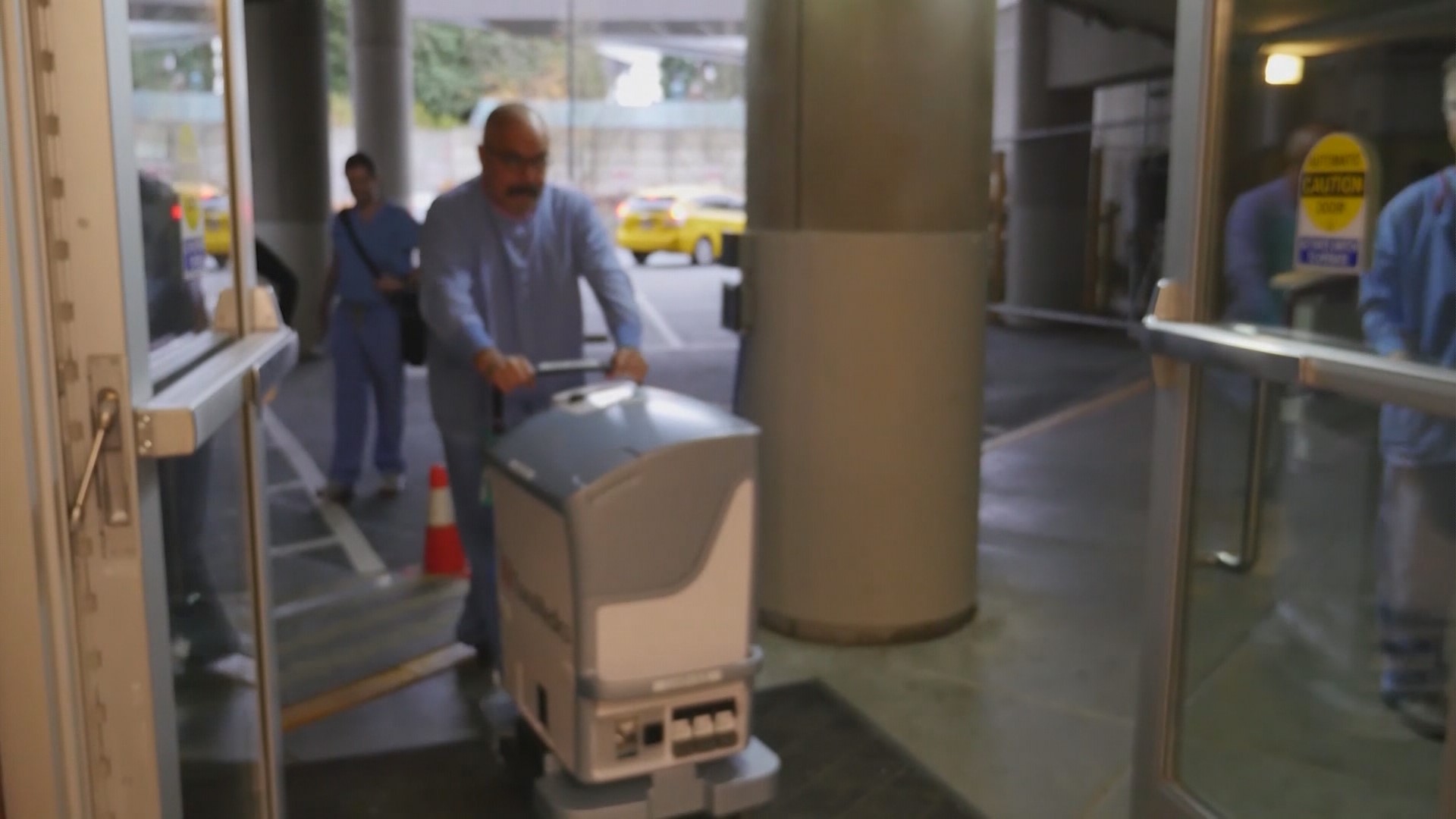The University of Washington is participating in a study that seeks to test new technology to preserve donated organs.
UW is one of seven medical centers involved in a study to test a machine called OCS. It circulates blood, plasma, and protein through a donated liver to prevent the cells from dying.
The study is in its first phase, but doctors say the results are promising.
Paul Hamilton is one of the patients who has benefited.
"She was a giver. She loved to give, because it would make her feel better to give than to receive," said 47-year-old Hamilton when he speaks of his sister.
He is grateful to her, because she saved his life by donating her liver.
Hamilton has been suffering from liver failure after he got Hepatitis C during a blood transfusion.
After spending five years on a transplant list, Hamilton’s health was declining, and time was running out.
"At that time, I was half dead anyways. He told me I was going downhill fast. I wouldn't have made it to the spring," said Hamilton.
But tragedy struck well before the spring, Hamilton's sister died suddenly days before Thanksgiving. He and his family were devastated. Yet, in the darkness of grief, there was the light of hope. Because Hamilton's sister was a registered donor the family could authorize a direct organ donation to Hamilton, regardless of his place on the transplant list.
Hamilton says his sister is a part of him now.
"I am keeping her life, and she's keeping me alive, and that is the way I have to look at it," said Hamilton.
A positive outlook boosted by incredible recovery after the transplant surgery.
"I am feeling 110 percent better than I was before the surgery. My surgery was a few days before Thanksgiving, and I had a full Thanksgiving meal," Hamilton said with enthusiasm.
Doctors believe a large part of his recovery is thanks to how the donated liver was stored while waiting to be placed in Hamilton's body.
"Within 12 hours after the surgery he was extubated and seated in a chair giving the thumbs up – something that we don't see very often," said Dr. Martin Montenovo, UW Medicine transplant surgeon.
Hamilton is also amazed at how his own body is responding. He says he hasn't seen his nails so pink or his skin glow since he contracted Hepatitis C. He says he feels like he's been reborn.
Hamilton's family did not know his sister was an organ donor till after she died. He encourages everyone to become a donor and hopes his story inspires others.
"Liver patients that are on the list waiting but there is help out there, especially with this new technology, there's help out there. Don't give up hope," said Hamilton.
Right now, UW preforms 100 adult liver transplants per year. They hope the machine would allow them to do 20 to 30 more liver transplants yearly. In addition, there is some evidence the machine could rehabilitate previously unusable fatty livers by removing the fat, thus saving the donated liver from having to be discarded.


